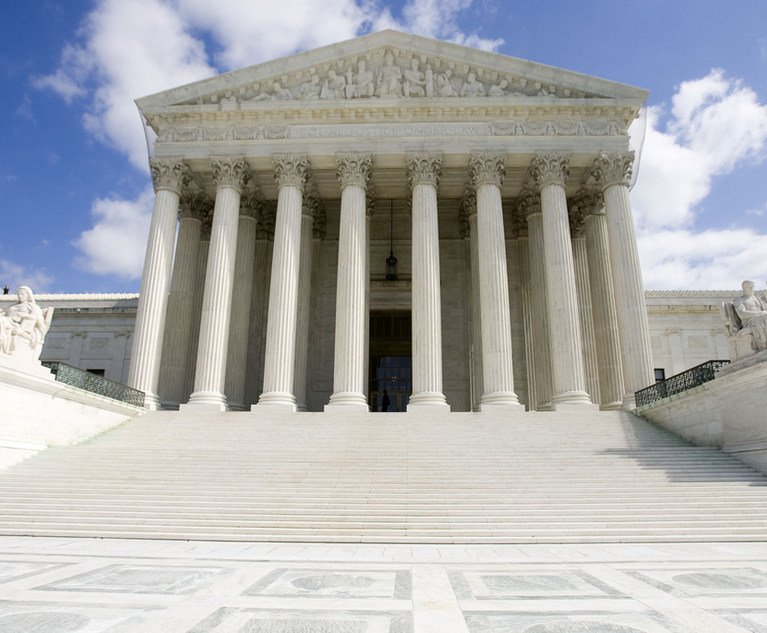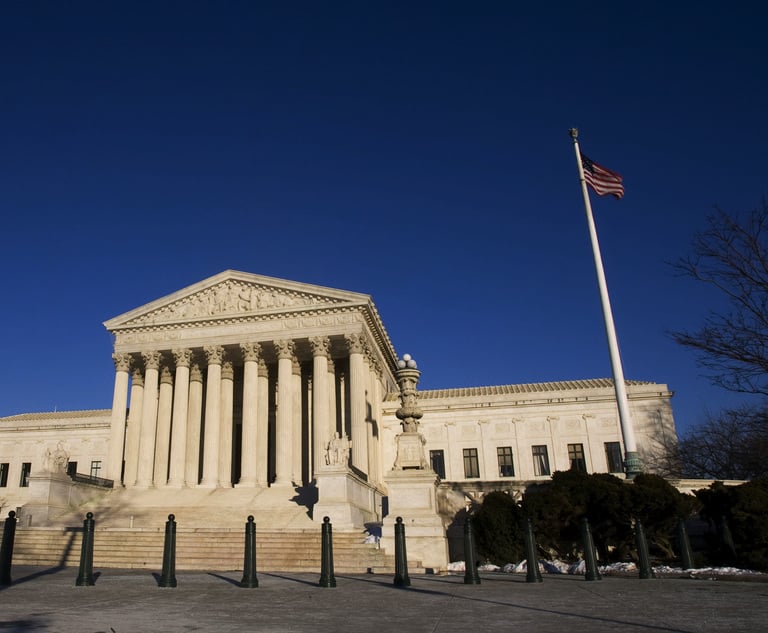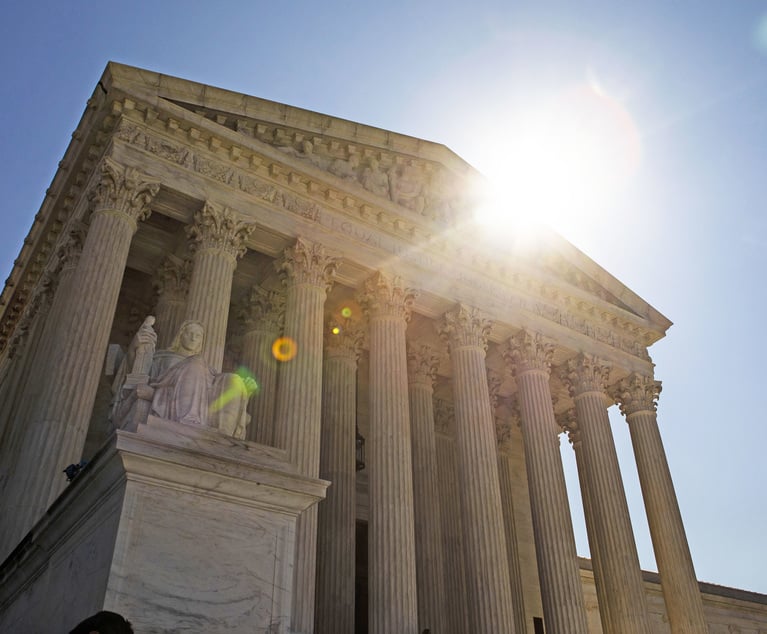The U.S. Supreme Court recently provided another win to businesses who seek to settle disputes in arbitration rather than litigation. The ruling in Coinbase v. Bielski on June 23 reflects a continuing statement that, as a matter of public policy, arbitration provisions are to be enforced, and that if a court is to err, it should generally err in favor of enforcing the arbitration provision. In fact, the justices arguably elevated arbitration provisions to a preferred plane over other contract provisions.
The ruling makes arbitration that much more attractive to large companies and many other businesses. They and their lawyers can view the decision as another tool to pause or avoid class actions and other types of expensive litigation in favor of arbitration. They should also use the decision as an opportunity to review the arbitration provisions in their contracts to maximize the value of arbitration.
Analysis and Impact of the Ruling
 John Amabile, counsel with Parker Poe. Courtesy photo
John Amabile, counsel with Parker Poe. Courtesy photo
This content has been archived. It is available through our partners, LexisNexis® and Bloomberg Law.
To view this content, please continue to their sites.
Not a Lexis Subscriber?
Subscribe Now
Not a Bloomberg Law Subscriber?
Subscribe Now
LexisNexis® and Bloomberg Law are third party online distributors of the broad collection of current and archived versions of ALM's legal news publications. LexisNexis® and Bloomberg Law customers are able to access and use ALM's content, including content from the National Law Journal, The American Lawyer, Legaltech News, The New York Law Journal, and Corporate Counsel, as well as other sources of legal information.
For questions call 1-877-256-2472 or contact us at [email protected]


 U.S. Supreme Court building in Washington, D.C. Photo: Diego M. Radzinschi/ALM
U.S. Supreme Court building in Washington, D.C. Photo: Diego M. Radzinschi/ALM




